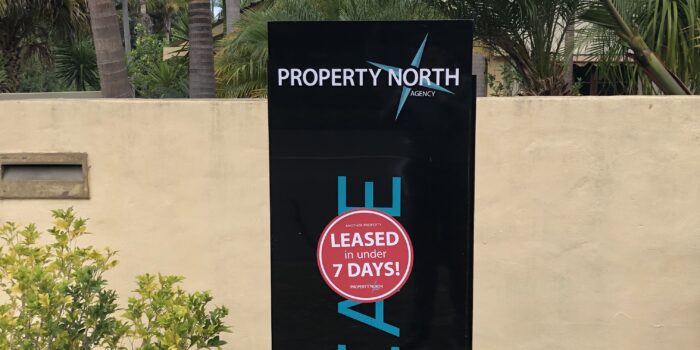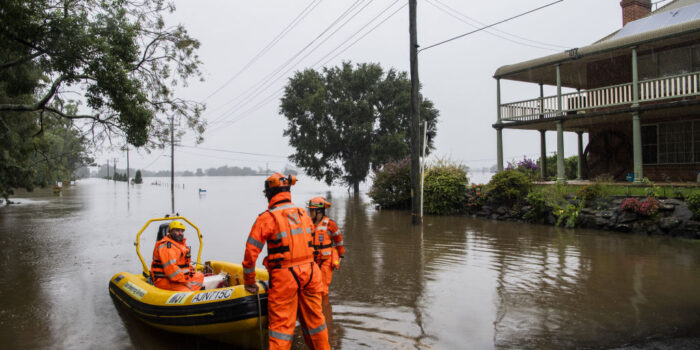Throughout the pandemic, landlords have provided support for tenants unable to pay rent and now, despite the NSW Government again claiming it is supporting tenants and landlords, the COVID Recovery Bill instead leaves both hanging out to dry, says the Real Estate Institute of NSW (REINSW).
Story: The Real Estate Conversation

According to the REINSW, despite the Government’s rhetoric, the Recovery Bill merely reinforces its existing policy of providing neither tenants nor landlords with any financial assistance.
The government’s promise that it is helping landlords and tenants is exposed as misleading and empty, the REINSW says, as landlords will be put under pressure to waive the arrears owing to them. For many landlords, this will be a burden that they cannot absorb.
“Throughout the pandemic, with its lack of support, the NSW Government directed private citizens to provide financial support to members of the community affected by COVID. There was no concern as to whether it would send them broke and no empathy for the landlord’s position. That was certainly reinforced last week in Budget Estimates,” says REINSW CEO Tim McKibbin.
“When asked about support for tenants and landlords, Minister Anderson recently claimed, on the record, that ‘we will support them’. This is especially insulting to mum and dad investors who have provided the actual financial support to date.
“Let’s be crystal clear: the ‘we’ in ‘we will support them’ actually refers to mum and dad landlords. It is important to remember that 80 percent of investors own just one property and they depend on the rent to pay for their living expenses and/or service a mortgage.
“When it can be clearly demonstrated that the NSW Government has provided exactly zero in support for landlords and tenants – we don’t consider providing millions of dollars to the Tenants Union as support for those actually renting a property – for the Minister to suggest that he’s continuing support that never existed is disingenuous.”
While many landlords will remain out of pocket, tenants are not the winners by default under the Bill either. The daily stress imposed on tenants to find money they don’t have, when the opportunity to support them is available, is unconscionable, Mr McKibbin says.
“Continue to punish landlords so overtly and the provision of rental accommodation diminishes further. Government has a clear path to support an industry which contributes so much to its revenue,” Mr McKibbin says.
Office of State Revenue figures shows the NSW Government is collecting record revenue from the real estate industry. In January and February 2021, both the number of real estate transactions and the transfer duty revenue collected were the highest in those months in recorded history.
Total transfer duty revenue collected by the Government for the first three quarters of the financial year 2020-21 is $5.7 billion, an increase of $734.9 million over the corresponding period last year.
When Minister Anderson was asked why NSW was not providing financial support as other states are, he replied “We did not think that it was appropriate, and the numbers did not stack up in terms of supporting landlords at that time. We thought the balance was right where we needed it to be.”
“What numbers?” Mr McKibbin asks.
“It is abundantly obvious the position the NSW Government is taking. Through a legislative direction, they are transferring the financial stress of tenants to landlords.
“The COVID Recovery Bill merely prolongs the unfair playing field set during the pandemic, with landlords continuing to shoulder the burden and the risk, while tenants find themselves at best in the same position or, for those relying on JobKeeper, in a worse position too,” Mr McKibbin says.



